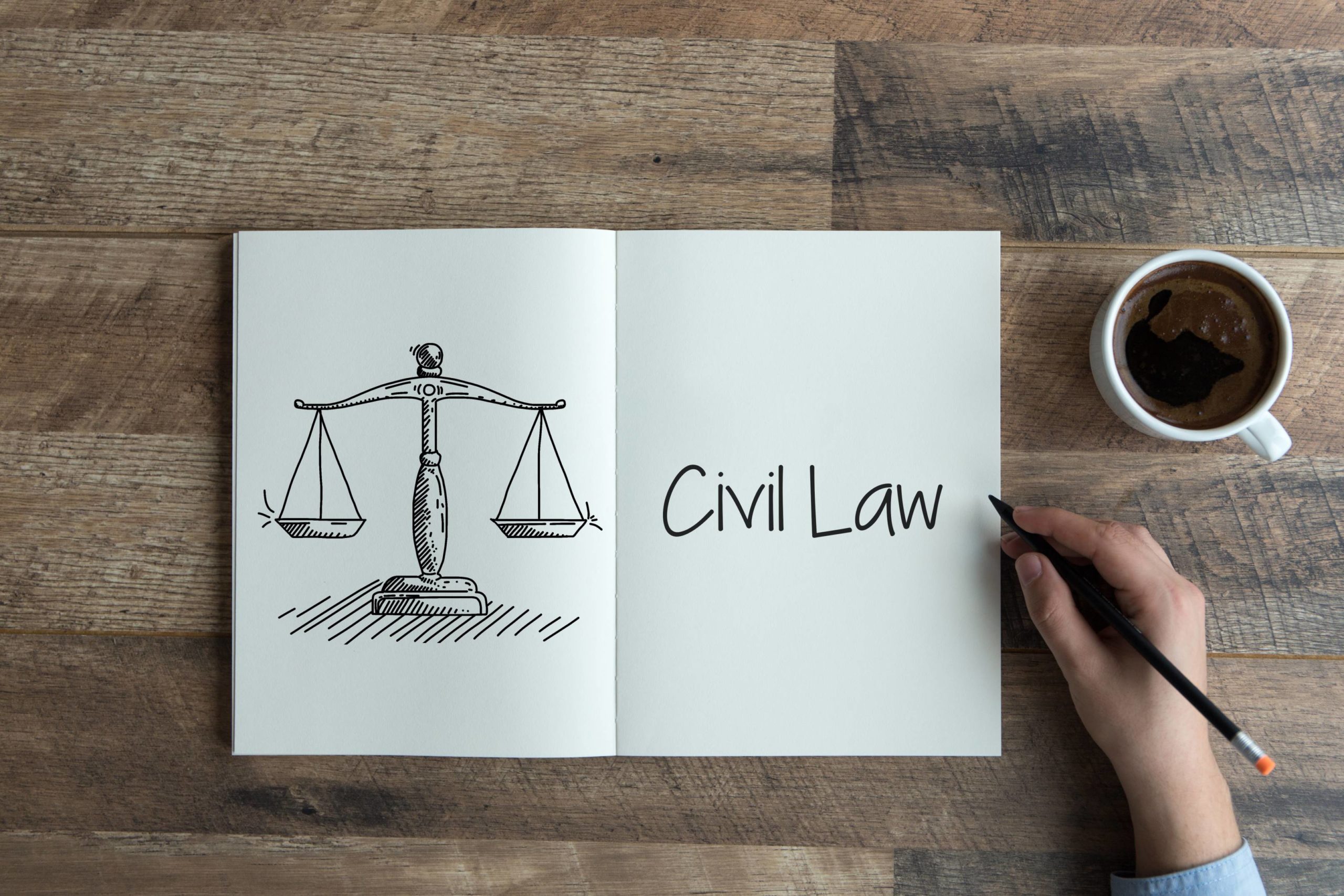
Law is a body of rules developed and enforced by governmental or communal institutions to govern behavior, with a precise definition still a topic of longstanding debate. It can be best defined as an abstract art and science of societal justice. It was originally the product of human imagination compounded through legal enactments. For most of its history, the law has been considered a source of authority and civil responsibility, though not regarded as something unique to the European continent. A more narrow view of the law is found in the works of such writers as Sir Walter Scott, and is even found in the Bible under titles like “the rule of law” and “written law”.
In today’s world; the law is no longer the product of human imagination. Technological progress has afforded lawyers and judges with the technological means to review and potentially enforce laws across a nation, and perhaps the globe. The changing role of the courts in society, as illustrated in recent cases like Planned Parenthood v. State of Texas, illustrates the changing character of the law over time. Although the idea of law as something independent and universal has never died, the courts have increasingly taken on a human nature that favors flexibility in interpretations of the law. This is particularly true in areas that are the responsibility of government, where the legislature may have less to do with defining the basic principles of law.
- The courts have been defined by the legislature.
- When a law is legally enacted, it is made a part of the body of laws by the legislature.
- Once formally established, the legislature usually retains the power to enforcing the laws by the courts. However, when the legislature is controlled by one political party, and a majority of members are determined to disregard the law definition, there is little the courts can do to prevent these politically motivated rulings.
As previously stated, the primary function; of the courts is to interpret laws. This interpretation is based on precedent law, which is built on previous decisions by lower courts and interpretations of the constitution. When a case goes before the U.S. Supreme Court, there is rarely a lack of precedent for the case. Because of this, there is rarely a need for the high court to determine a case’ legal issues and limitations.
Because of our current emphasis on separation of powers; limited lawyers have not been an important component of the U.S. system of law for over two centuries. Many changes have occurred to our system of law, since the Bill of Rights was drafted. Many argue that many of our first fundamental laws, such as the Fifth and Sixth Amendments were intended to ensure each of the branches of government is exercising its constitutional power. For example, the Fifth Amendment establishes a due process right to an attorney when one is deprived of their rights. Today, due to our modern focus on substantive human rights, many crimes are not seen as equal rights under the law, but are seen as having extra-governmental punishment. For instance, a person who steals from another person’s purse or wallet is treated no better than a person who breaks into someone’s home and steals that person’s valuables.
The common law has been replaced by a variety of modern legal systems; Common law courts to enforce contracts, criminal law, civil law, corporate law, and administrative law. Civil law is the body of law that provides protection against things like accidents, slander, and professional negligence. These things are not enforced through the criminal justice system. The courts have more influence over private matters such as marriage and divorce, though they are not as powerful as the criminal justice system in regards to these matters.



